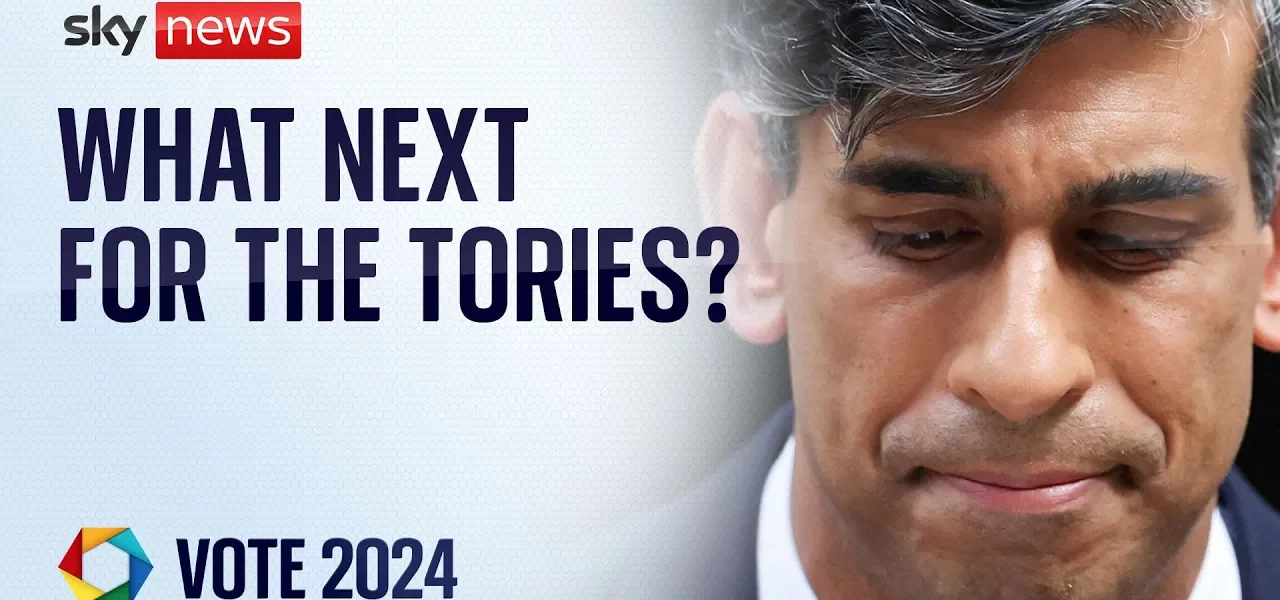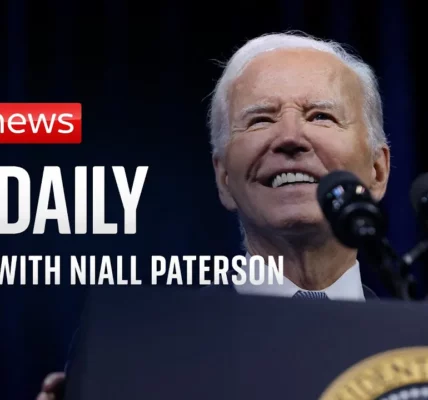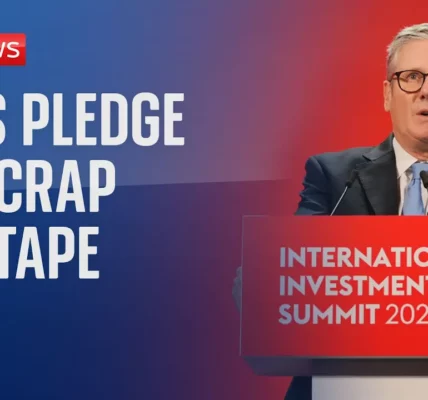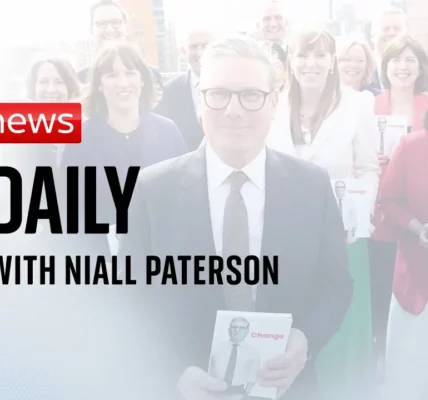A Brutal Verdict on 14 Years of Conservative Government

This article delves into the stark and devastating electoral defeat experienced by the Conservative Party, outlining the historic loss of seats, the implications for party leadership, and the potential paths forward amid a shifting political landscape in the UK.
Introduction
The recent electoral results have sent shockwaves through the Conservative Party, marking a significant turning point after 14 years of governance. With a staggering loss of 250 seats, this defeat has been described as a “crushing defeat” and “a dreadful night.” The implications of this outcome are profound, leading to questions about the party’s future direction and leadership. The once formidable Conservative Party, known for its election-fighting capabilities, is now faced with a public rebuke that challenges its very foundation.
The Extent of the Defeat
The figures from this election are staggering, reflecting a monumental shift in voter sentiment. The Conservative Party has experienced:
- Loss of 250 seats, a record in recent history.
- Ousting of 12 cabinet ministers, another unprecedented occurrence.
- Support from only 24% of voters, the lowest in the party’s 200-year history.
This catastrophic result raises critical questions: What led to such a dramatic collapse? And how can the party recover from this setback?
Public Sentiment and Party Division
Voter feedback has been unequivocal, with many expressing frustration over internal party conflicts. A notable comment from a former Prime Minister highlighted that the party’s inability to unify has resulted in a loss of voter trust:
“If you can’t agree with each other, then we can’t agree to vote for you.”
This sentiment reflects a broader concern among constituents about the party’s cohesion and effectiveness. The internal discord has not only alienated voters but has also prompted discussions about the party’s future direction.
Leadership Contest and Future Directions
As the Conservative Party navigates this tumultuous period, the leadership race has emerged as a focal point. There are at least two distinct visions for the party’s future:
1. The Farage Influence
Nigel Farage’s Reform Party has been cited as a significant factor in the Conservative collapse. The party’s approach and messaging have resonated with disillusioned voters, prompting some within the Conservative ranks to reconsider their strategies. Home Secretary Suella Braverman has suggested a welcoming stance towards Farage’s influence, indicating a potential shift in party dynamics.
2. The Liberal Democrats’ Rise
Simultaneously, the Liberal Democrats have made significant inroads into traditional Tory strongholds. Their success underscores a critical challenge for the Conservative Party:
- Gaining back lost voters while addressing their concerns.
- Finding a balance between moderate and far-right ideologies within the party.
The Path Forward
Amidst the chaos, Rishi Sunak has indicated he will remain in power temporarily, calling for a thoughtful approach to selecting his successor. The leadership race will undoubtedly shape the future of the Conservative Party, with calls for patience from senior figures. They emphasize the importance of a well-considered transition rather than a hasty leadership change:
- Assess the current political landscape thoroughly.
- Identify potential candidates who can unify the party.
- Engage with party members and voters to rebuild trust.
The road back to Downing Street is fraught with challenges, but a strategic leadership choice could pave the way for a recovery.
Conclusion
The Conservative Party is at a crossroads following a historic electoral defeat. The loss of seats and internal discord signal a need for introspection and change. As leadership contests loom, the party faces the daunting task of redefining its identity and reconnecting with the electorate. It is crucial for the Conservatives to listen to their constituents and address the concerns that led to this public rejection. The future of the party depends on its ability to adapt and respond to the evolving political climate. For those interested in the ongoing developments within UK politics, stay tuned for updates and analyses.
“`




